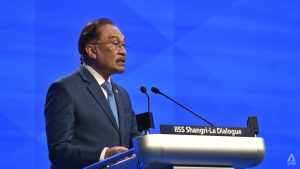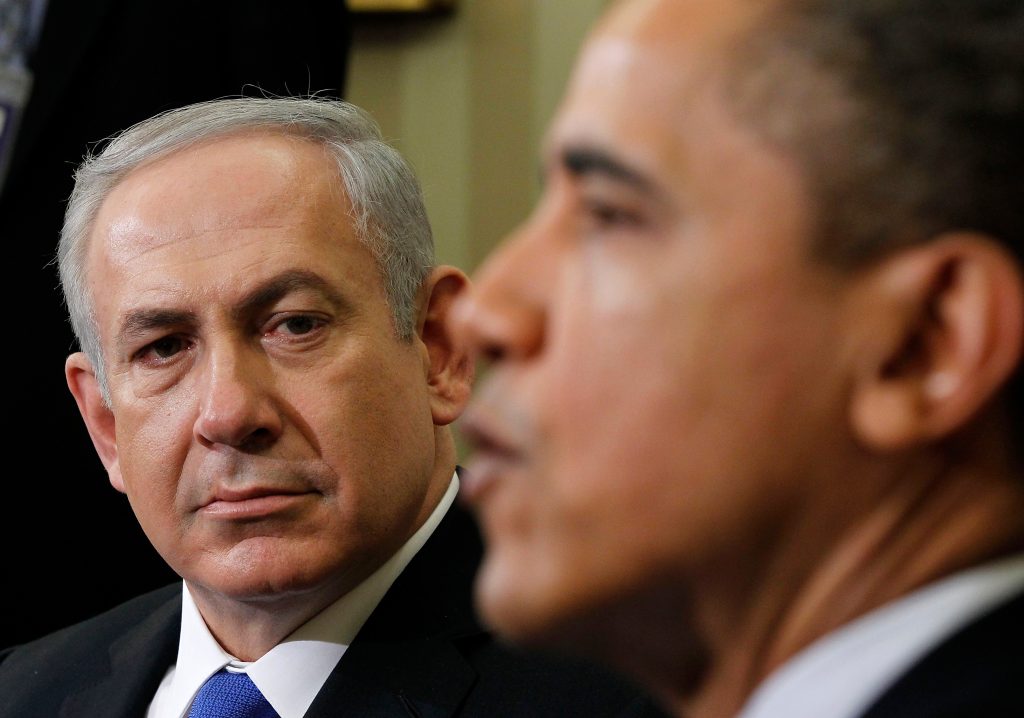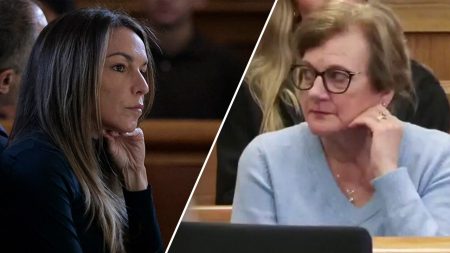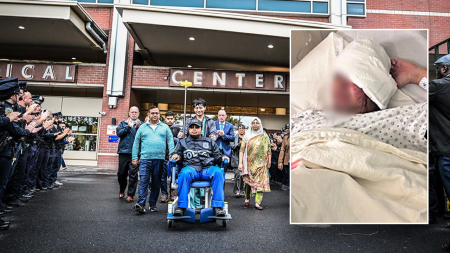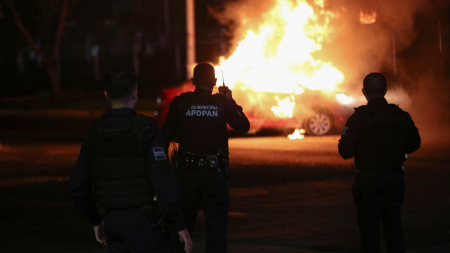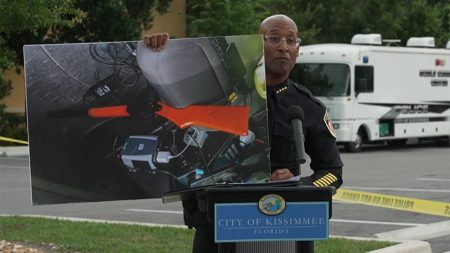Netanyahu’s Testimony, Antisemitic Incidents, and the Shifting Geopolitical Landscape
Israeli Prime Minister Benjamin Netanyahu’s corruption trial took a significant turn as he testified about his disagreements with former President Barack Obama regarding Iran and the Palestinian state. Netanyahu asserted that Obama’s policy approach diverged sharply from his own, viewing Iran as an opportunity rather than a threat, and prioritizing the establishment of a Palestinian state based on the 1967 borders. This testimony underscores the complex relationship between the two leaders and their differing perspectives on Middle Eastern geopolitics. The trial itself adds another layer of complexity to Netanyahu’s political career, raising questions about his future and the stability of Israeli governance.
Simultaneously, a wave of antisemitic incidents has sparked concern and outrage across the globe. In Melbourne, Australia, a devastating arson attack on the Adass Israel Synagogue is under investigation as a potential act of terrorism, highlighting a disturbing rise in antisemitism in the country. This attack, along with other incidents, has left the Jewish community feeling vulnerable and seeking greater support from government officials. The incident underscores the global nature of antisemitism and the need for increased vigilance and security measures to protect Jewish communities.
Adding to the growing concern, an antisemitic newspaper called "The Columbia Intifada" is being distributed at Columbia University, drawing condemnation from New York lawmaker Rep. Mike Lawler. The newspaper’s articles, published anonymously, promote anti-Israel sentiments, further fueling the already tense atmosphere. Lawler’s call for consequences, including potential loss of federal funding and tax-exempt status for the university, highlights the seriousness of the issue and the need for universities to address antisemitism on their campuses. The incident raises questions about freedom of speech versus hate speech and the responsibility of institutions to protect their students from harassment and discrimination.
Meanwhile, boxing legend Floyd Mayweather, a supporter of Israel, reportedly faced a hostile mob in London, underscoring the potential for even expressions of support for Israel to become flashpoints for conflict. While Mayweather’s security team reportedly handled the situation without any physical altercation, the incident highlights the volatile nature of the Israeli-Palestinian conflict and its potential to spill over into other areas of life.
Beyond these specific incidents, a broader trend of anti-Israel activism continues to gain traction, particularly on college campuses. A convention hosted by American Muslims for Palestine (AMP) in Chicago offered advice to students on how to make their campuses "Palestinian," raising concerns about the organization’s alleged ties to Hamas. The presence of Council on American-Islamic Relations executive director Nihad Awad, who previously expressed approval of the October 7 terrorist attack, further underscores the controversial nature of the event. This convention exemplifies the ongoing efforts to promote anti-Israel narratives and mobilize support for the Palestinian cause within academic settings.
In a poignant guest editorial, Moshe Emilio Lavi, whose brother-in-law Omri Miran was taken hostage by Hamas, expressed hope that Donald Trump’s election victory could bring new hope for the families of the hostages. Lavi’s plea highlights the desperation of the families and their search for any glimmer of hope in the midst of their agonizing ordeal. The situation of the hostages remains a deeply concerning humanitarian crisis, demanding international attention and efforts to secure their release.
The Global Rise of Antisemitism: A Comprehensive Analysis
The incidents detailed above highlight a disturbing trend of rising antisemitism across the globe, manifesting in various forms, from physical attacks and vandalism to hateful rhetoric and discriminatory practices. This resurgence of anti-Jewish sentiment poses a serious threat to Jewish communities worldwide and requires a concerted effort to understand its root causes and develop effective countermeasures.
Several factors contribute to the complex phenomenon of antisemitism. Historical prejudices and stereotypes, often rooted in religious and cultural differences, continue to fuel animosity towards Jews. Conspiracy theories, blaming Jews for global events and misfortunes, also persist and spread rapidly through social media and other online platforms. Political and economic instability can exacerbate existing prejudices, as scapegoats are sought to explain complex problems.
The Israeli-Palestinian conflict often serves as a catalyst for antisemitic expressions, with criticism of Israeli government policies sometimes morphing into attacks against Jews globally. The Boycott, Divestment, and Sanctions (BDS) movement, while ostensibly targeting Israel, often blurs the line between criticism of the state and hostility towards Jews, contributing to a climate of hostility and discrimination.
Addressing this multifaceted challenge requires a multi-pronged approach. Education plays a crucial role in combating ignorance and promoting understanding of Jewish history, culture, and contributions to society. Law enforcement agencies must be vigilant in investigating and prosecuting hate crimes, sending a clear message that antisemitism will not be tolerated. Political leaders have a responsibility to condemn antisemitism unequivocally and promote policies that foster inclusivity and respect for all communities.
Social media platforms must take greater responsibility for moderating content and preventing the spread of hate speech and disinformation. Interfaith dialogue and cooperation are essential in building bridges between different religious communities and fostering mutual respect and understanding. Finally, empowering Jewish communities with the resources and support they need to combat antisemitism effectively is crucial.
The rise of antisemitism is not merely a Jewish problem; it is a societal problem that threatens the fabric of diverse and democratic societies. By working together, governments, civil society organizations, and individuals can create a world where Jewish communities can thrive free from fear and discrimination.


